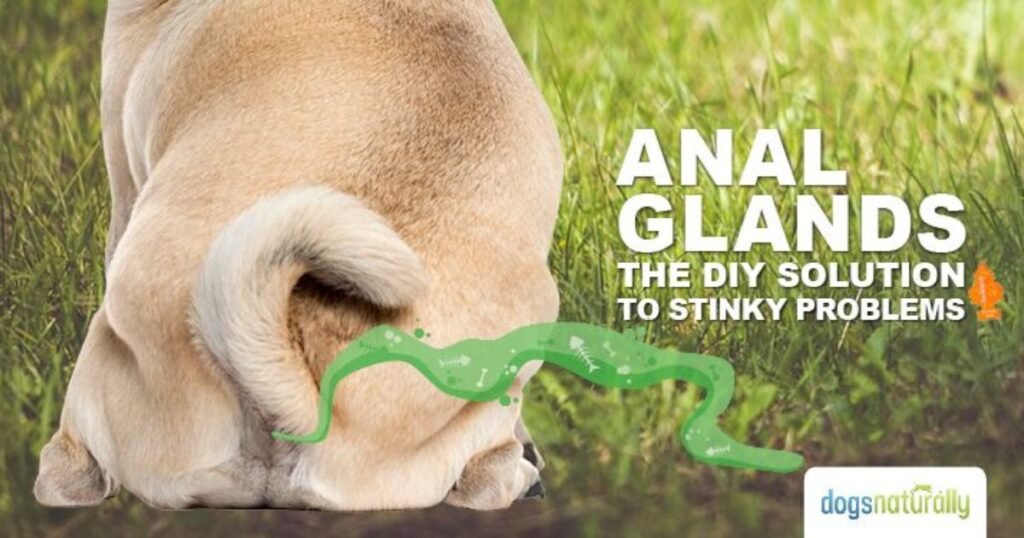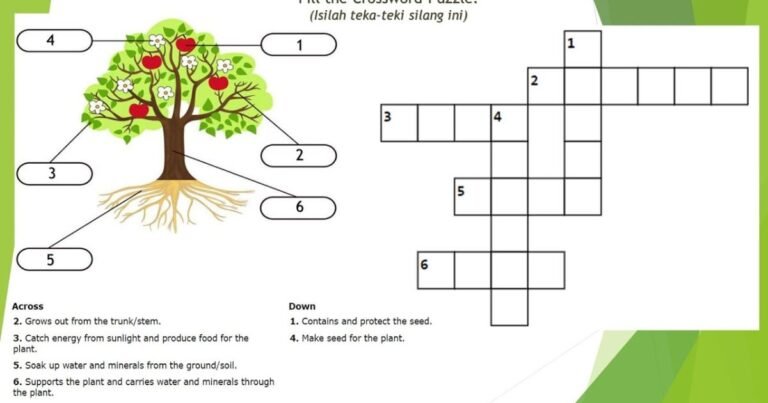
Balanced nutrition supports anal gland health in dogs.
Anal gland problems in dogs are uncomfortable and sometimes painful. Many pet owners wonder if diet plays a role. So, can food cause anal gland issues in dogs? Understanding this connection can help you support your dog’s health and avoid frequent vet visits.
What Are Anal Glands and Why Do They Matter?
Dogs have two small anal glands located near their anus. These glands release a strong-smelling fluid when dogs defecate. This natural process helps with marking territory and communication. However, sometimes these glands become blocked or infected, leading to discomfort, swelling, and other issues.
How Diet Influences Anal Gland Health in Dogs?
Diet impacts stool consistency, which directly affects anal gland function. When stool is too soft or watery, it may not put enough pressure on the anal glands during bowel movements. Without proper pressure, the glands do not empty fully, causing buildup and potential infections.
Which Foods Are Linked to Anal Gland Problems?
Certain foods can cause digestive upset or poor stool quality, increasing the risk of anal gland issues. Foods high in fillers, artificial additives, or low in fiber often result in loose stools. Conversely, fiber-rich diets help firm stools and promote healthy anal gland emptying.
Signs Your Dog Might Have Anal Gland Issues
Look for these signs to identify if your dog is struggling with anal glands:
- Scooting or dragging their rear on the ground
- Excessive licking or biting at the anal area
- Foul odor from the rear
- Swelling or redness near the anus
If you observe these symptoms, consult your vet immediately.
How to Support Your Dog’s Anal Glands Through Diet?
To reduce anal gland problems, focus on a balanced diet that supports digestive health:
- High fiber content to firm stools
- Natural ingredients without artificial fillers
- Proper hydration to aid digestion
Consider premium dog food formulas designed for digestive support. Consult your vet for personalized recommendations.
When to See a Vet for Anal Gland Problems?
Persistent scooting, swelling, or pain requires professional care. Your vet can manually express the glands or treat infections with medication. Ignoring symptoms can lead to abscesses or more serious complications.
Additional Tips for Preventing Anal Gland Issues
- Regular exercise to promote bowel movements
- Maintain a healthy weight for your dog
- Schedule routine anal gland check-ups with your vet
For more information about pet care and nutrition, visit One Parish.If you’re reevaluating your dog’s diet due to gland issues, our detailed review of Crave Dog Food can help you decide if it’s the right choice for your pup’s needs.
Frequently Asked Questions
Can changing my dog’s diet improve anal gland health?
Yes, improving diet by adding fiber and natural ingredients can help firm stools and support anal gland emptying.
What foods should I avoid to prevent anal gland problems in dogs?
Avoid low-quality foods with fillers, artificial additives, and low fiber as they cause loose stools and anal gland issues.
How often should a dog’s anal glands be expressed?
Frequency varies; some dogs never need expression, while others may need it every few weeks. Consult your vet.
Can anal gland issues be a sign of other health problems?
Yes, recurrent anal gland problems may indicate allergies, infections, or digestive disorders.



